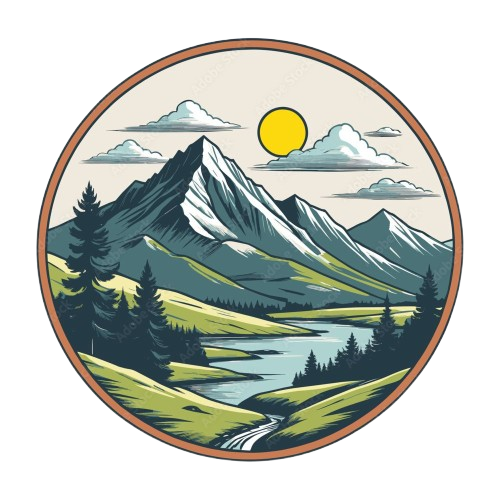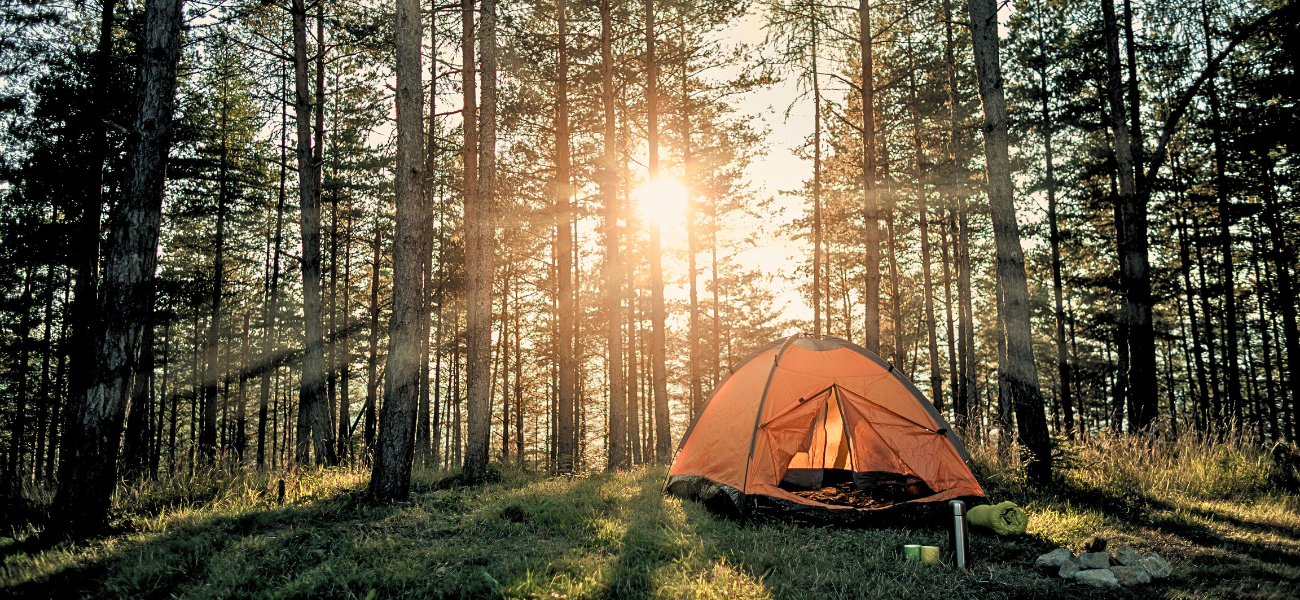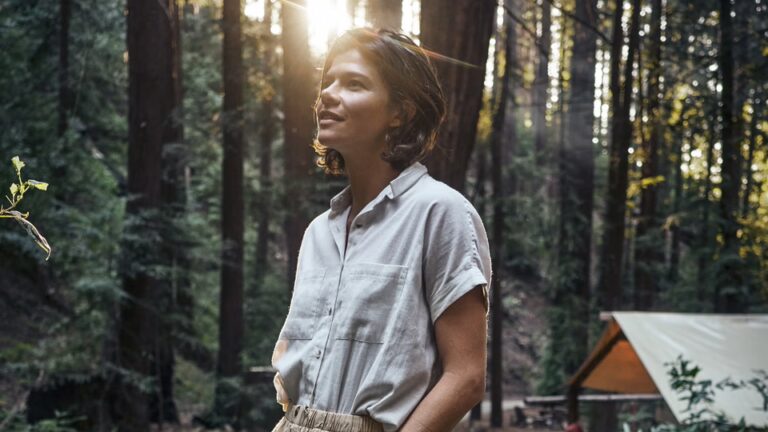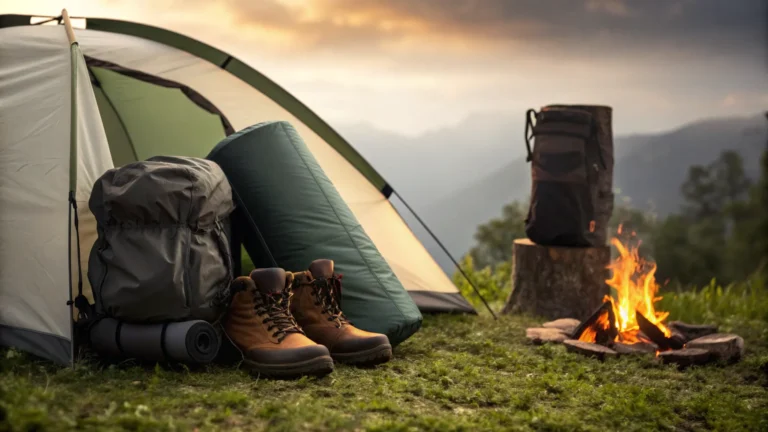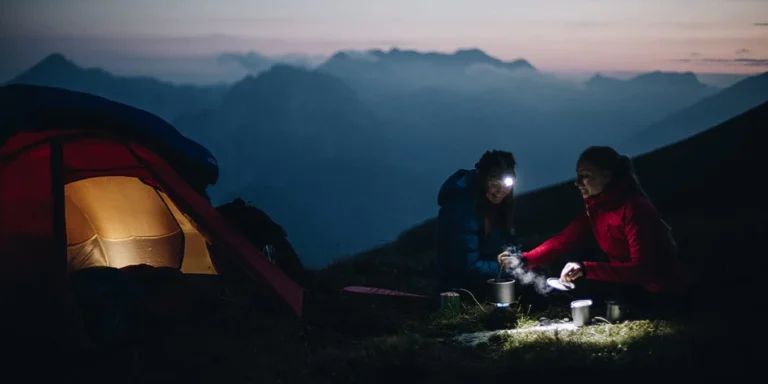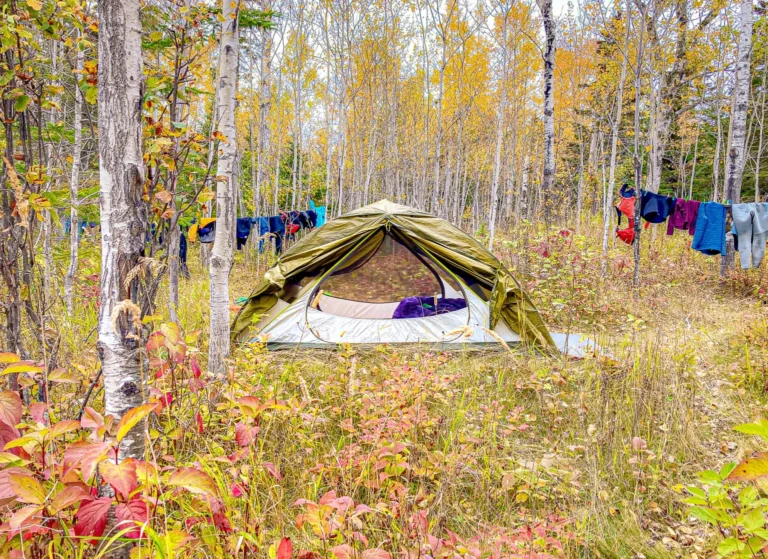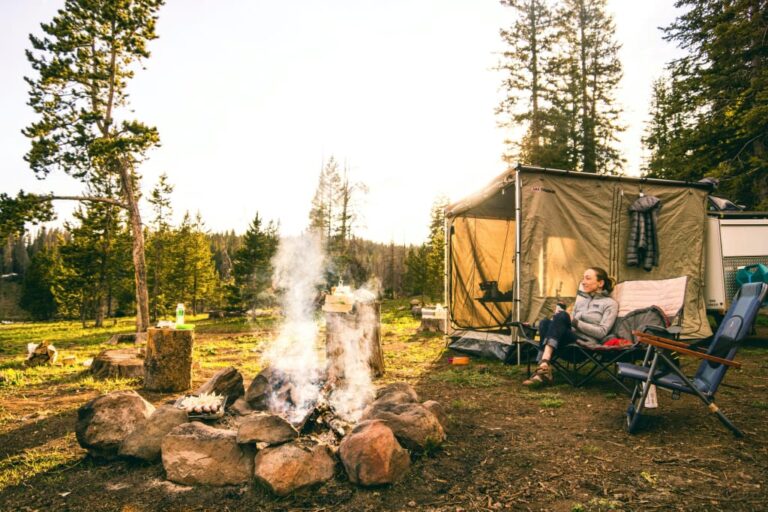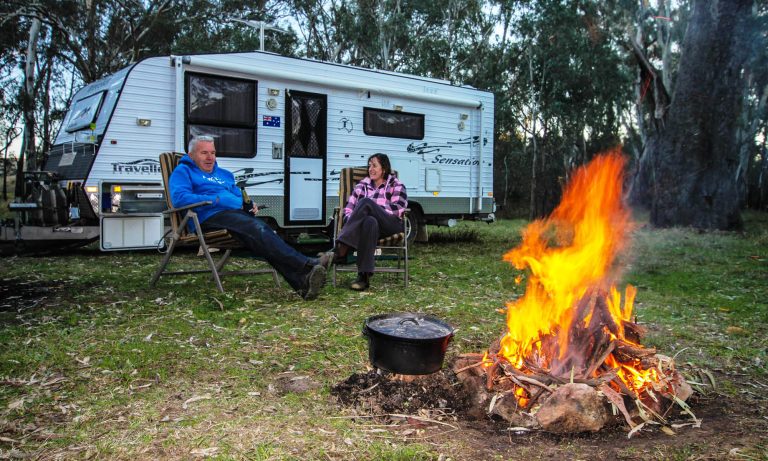Beginner’s Guide to Camping: Significant Information Before Camping
One of the most fulfilling experiences is camping, which provides a close connection to nature, a chance to disconnect from technology, and a chance to spend quality time with loved ones. However, the thought of entering the wilderness with few supplies and no idea where to begin can be daunting for a novice.
We have you covered, so don’t worry! Everything you need to know before your first camping trip will be covered in this extensive guide.
🌲 Why Go Camping?
Before diving into the technical stuff, it’s important to understand why camping is so rewarding:
- Escape the daily grind: Nature is a perfect antidote to stress.
- Bond with loved ones: No distractions, just quality time.
- Affordable travel: Camping is often much cheaper than hotels or resorts.
- Personal growth: Learn survival skills, patience, and adaptability.
🧭 Choosing the Right Type of Camping
There are several types of camping, and choosing the right one depends on your preferences, location, and comfort level:
- Car Camping – Park your vehicle at the campsite. Easy and beginner-friendly.
- Tent Camping – The classic experience. Pitch a tent in a designated campsite.
- Backpacking – Hiking to a remote location with all your gear on your back.
- RV Camping – Ideal for those who prefer comfort and electricity.
- Glamping – “Glamorous camping” with luxury tents, furniture, and services.
For your first time, tent camping or car camping is usually the most manageable.
🏕️ Essential Gear to Pack
You don’t need to buy a truckload of gear for your first trip. Stick to the basics:
Shelter & Sleep
- Tent (with rainfly and stakes)
- Ground tarp or footprint
- Sleeping bag (suited to weather conditions)
- Sleeping pad or air mattress
- Pillow
Cooking & Food
- Portable stove or grill
- Fuel canisters
- Cookware (pot, pan, utensils)
- Cooler with ice
- Plates, bowls, cups
- Water bottles or hydration packs
- Biodegradable soap and sponge
- Food (non-perishable and easy-to-cook items)
Clothing
- Weather-appropriate clothing (layers!)
- Waterproof jacket
- Extra socks and underwear
- Hat and sunglasses
- Sturdy shoes or hiking boots
Tools & Safety
- Flashlight or headlamp (with extra batteries)
- First aid kit
- Pocket knife or multi-tool
- Sunscreen and insect repellent
- Map and compass or GPS
- Trash bags (Leave No Trace!)
📍 Picking the Right Campsite
Research is key. Use apps or websites like AllTrails, The Dyrt, or your country’s parks service to find beginner-friendly sites.
Consider the following:
- Proximity to home for emergencies
- Access to clean water
- Restroom facilities
- Shaded areas to avoid overheating
- Wildlife activity (know what animals are common)
Pro tip: Make reservations early, especially during peak seasons.
🔥 Setting Up Camp
Once you arrive, take time to properly set up your area:
- Pick a flat, dry surface to pitch your tent.
- Keep food away from your sleeping area.
- Set up before sunset. Don’t wait until dark!
- Establish a campfire ring (if permitted), and always put it out before sleeping.
🥾 Camping Etiquette & Safety
Camping comes with a code of respect—for both nature and fellow campers.
Leave No Trace Principles
- Pack out all trash.
- Don’t disturb wildlife.
- Stay on trails.
- Camp in designated areas.
- Leave what you find (rocks, plants).
General Safety Tips
- Keep food in sealed containers or bear-proof lockers.
- Never leave a campfire unattended.
- Learn basic first aid and carry emergency contact info.
- Inform someone of your location and return date.
- Check the weather before you go.
🍳 Easy Beginner Meals
You don’t need gourmet food to eat well outdoors. Try these simple ideas:
- Foil packet meals (meat, potatoes, veggies)
- Hot dogs and s’mores over the fire
- Instant noodles or mac & cheese
- Granola, trail mix, energy bars
- Pancakes or scrambled eggs for breakfast
🌤️ Weather Awareness
Weather can change fast in the wild. Always:
- Pack rain gear, even on sunny days.
- Bring extra blankets in cold regions.
- Avoid camping near rivers during rainy seasons (flood risk).
🧼 Hygiene & Cleanliness
Staying clean outdoors is possible with a few tricks:
- Bring wet wipes and hand sanitizer.
- Use eco-friendly soap and wash at least 200 feet away from water sources.
- Use designated restroom facilities or dig a small hole (follow local rules).
🎒 Final Tips for First-Timers
- Practice at home by setting up your tent in the backyard.
- Pack light, but smart.
- Stay flexible. Things may not go perfectly—and that’s okay!
- Disconnect to reconnect. Turn off your phone and enjoy the moment.
🌄 Conclusion
Camping is about embracing the unpredictable and appreciating the simple pleasures of life. With a little preparation and the right mindset, your first camping trip can spark a lifelong love for the outdoors. Use this guide as your launchpad, and step confidently into your first adventure under the stars.
